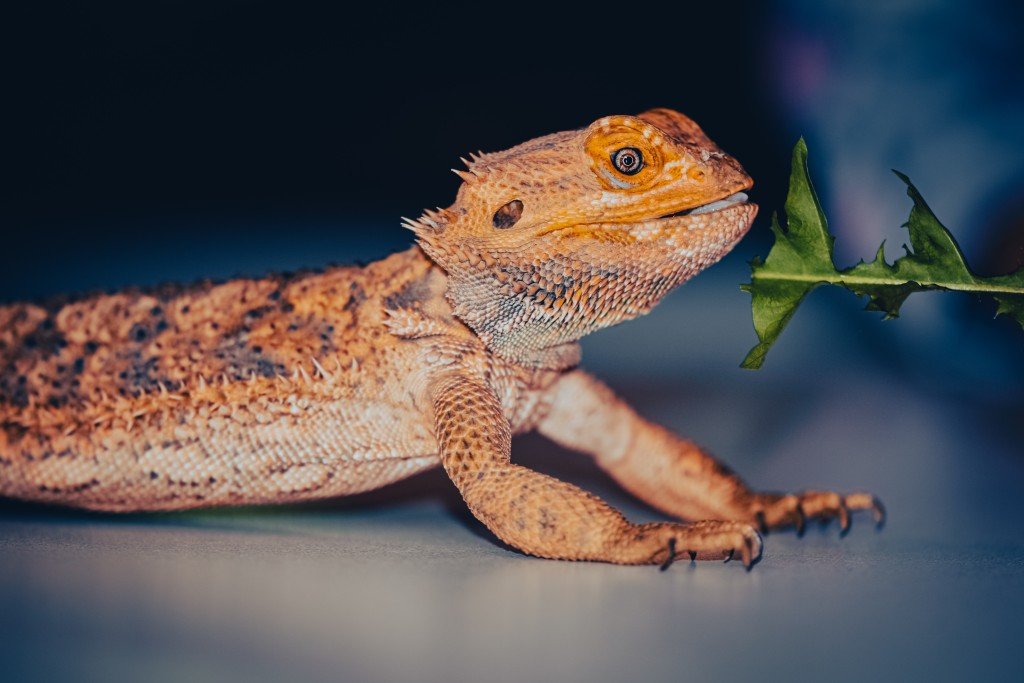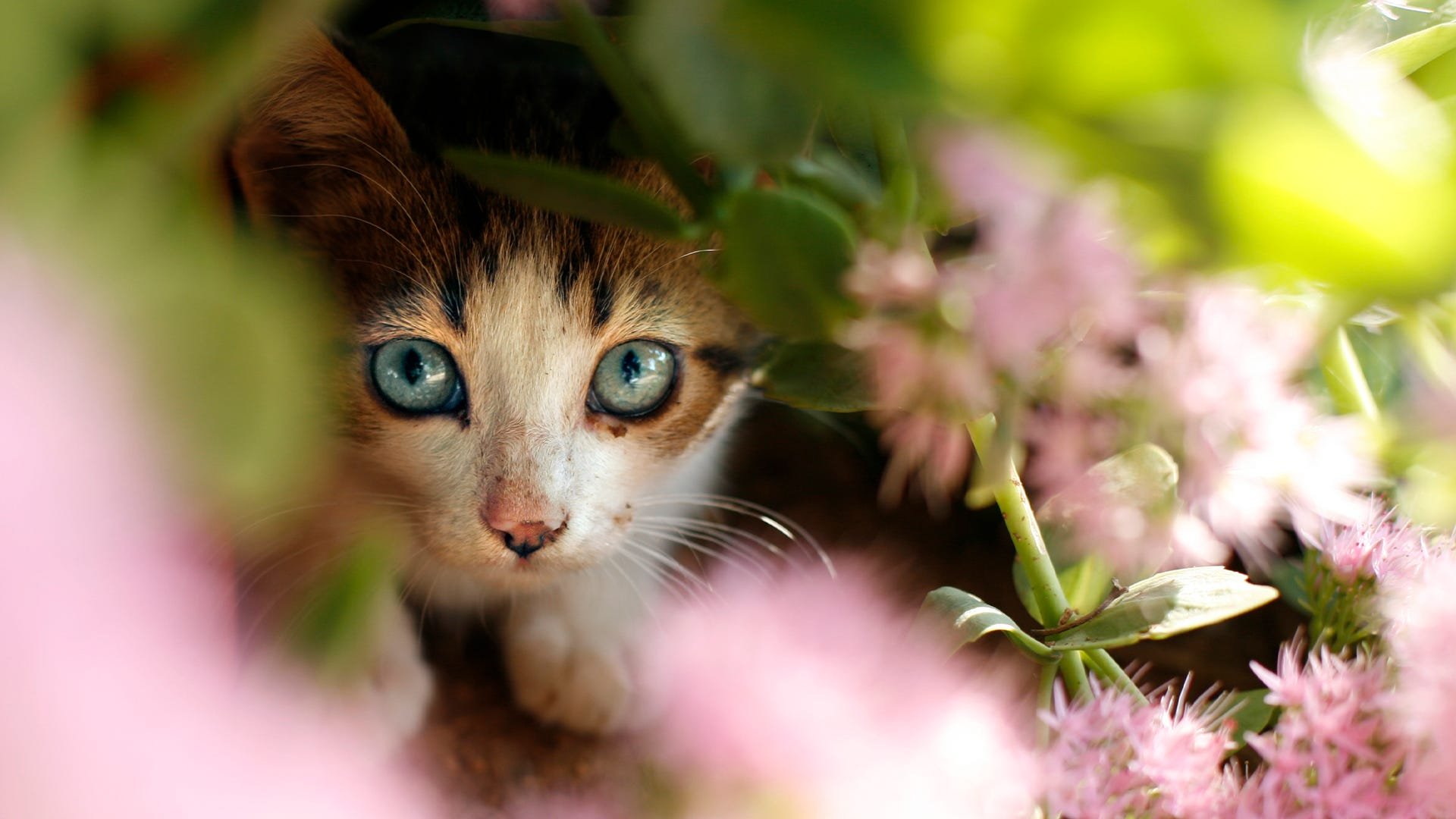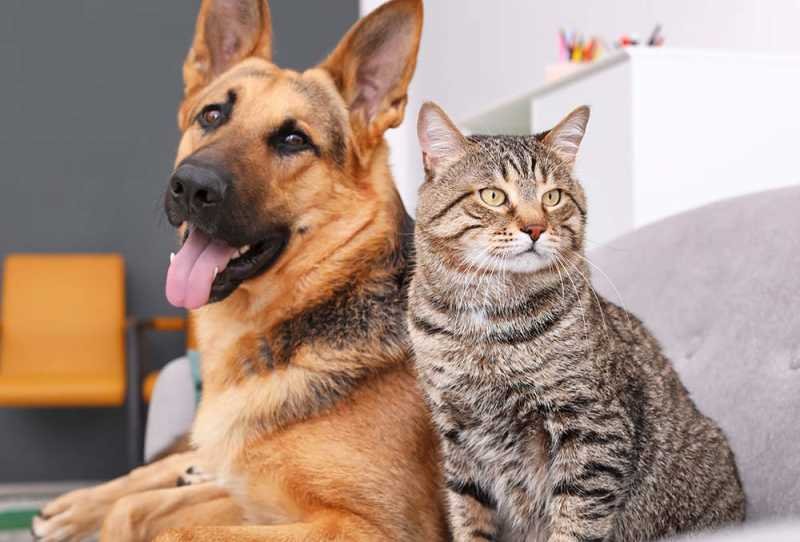How to Take Care of Your Cat’s Health
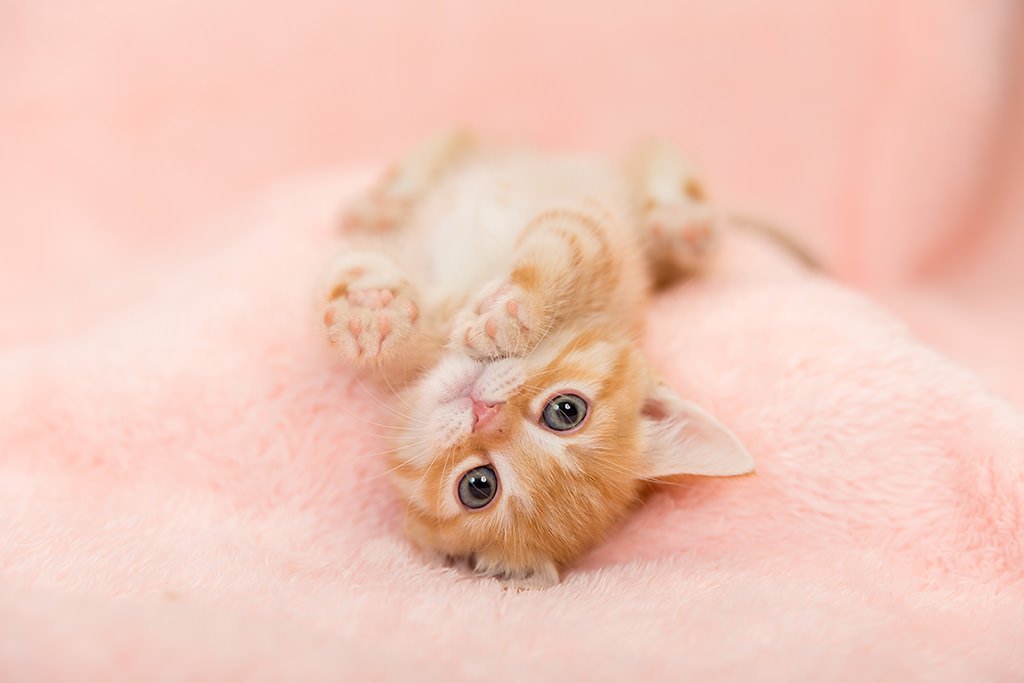
Taking care of your cat’s health needs more attention than caring for a human. To keep your cat healthy, most of the time all you have to do is give him a cozy spot, food, and plenty of water. But like any living being, it sometimes happens to be sick, and caring for a cat requires your time and attention.
Cats need regular monitoring of their body in addition to proper food and hygiene. In addition, when you bring a new feline friend to your home, you need to offer her a proper environment for survival and well-being.
Keeping your cat healthy requires a few basic and simple rules to follow: vaccinate it every year, treat it against internal and external parasites regularly, take care of its hygiene, and of course feed it well. Let us dive deeper into the things you need to consider to keep your cat in good health.
Basic hygiene
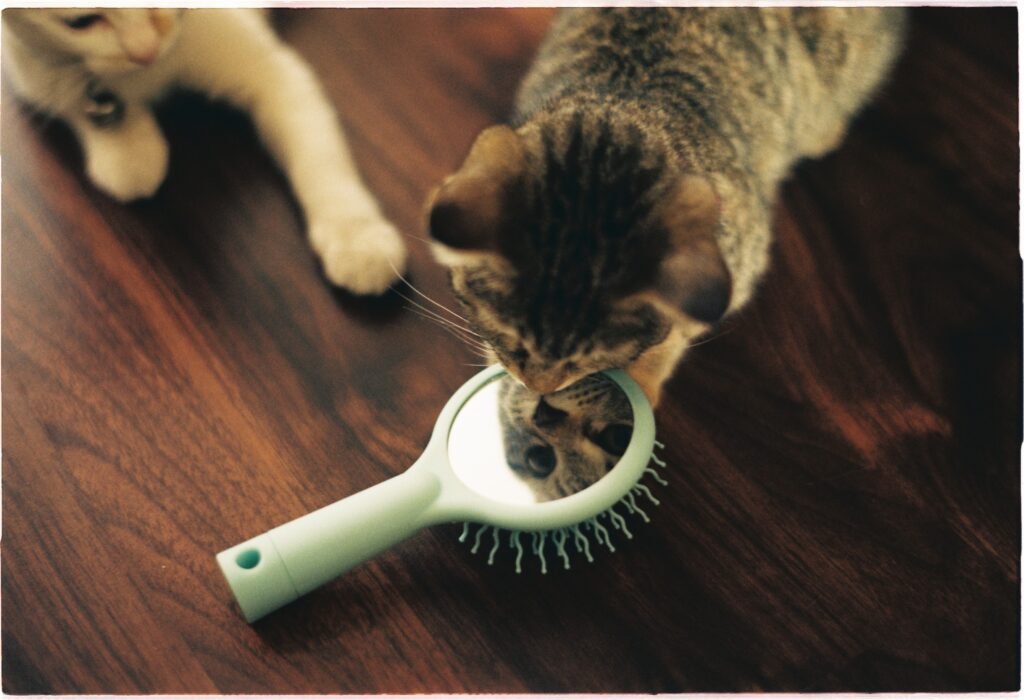
Basic hygiene is the first thing pet owners need to take care of their feline friends. If you have a long-haired cat make sure to brush its hair every day or several times a week. Don’t forget to clean the corners of the eyes daily with a suitable product.
In addition, we must not forget the diet of the feline and the maintenance of its litter. The choice of croquettes and the cleaning of the litter are indeed part of the daily care.
Monitor your cat regularly
When you pat or feed him, you should carefully examine your cat for any early signs of illness. Remember that cats hide their illnesses very well; you must therefore be vigilant. But there is nothing to panic about.
If your cat is sluggish, constantly circling around you, lacks energy, or won’t eat, take him to the vet to be checked out. His coat is also a factor to take into account: if he is rough or uneven, if he loses hair abnormally, you must also alert yourself.
In addition, be attentive to his behavior in order to detect a possible disease with the first symptoms and take him to the veterinarian immediately.
Feed your cat well
A good diet is the most important and essential parameter for pet owners to consider. For the growth of your cat, until the age of about one year, we prefer meals adapted to growth.
For the adult cat, I recommend varying your cat’s diet by sometimes using wet food and sometimes dry.
To prevent these diseases as much as possible, be sure to feed your cat only good-quality food. If your cat is weak or underweight you should ask your veterinarian how to feed a cat for weight gain and follow the recommendation.
Watch out for the illnesses
Diarrhoea and vomiting are quite common in cats, even in mild illnesses. But if it seems to you that your cat is subject to these inconveniences for more than a day, contact your veterinarian.
Similarly, the fact that your cat coughs from time to time is not alarming: cats sometimes cough to get rid of small balls of fur stuck in their stomach. But if he coughs often or a lot, you should consult your veterinarian.
Check their vaccinations
Of course, to keep your cat healthy, it is important to have it vaccinated and to regularly check that its vaccinations are still up to date. Indeed, several serious feline diseases can be avoided by making the appropriate vaccines, such as leucosis or rabies.
Primary vaccinations can be done from the age of 7 to 8 weeks. The booster is carried out one month after the primary vaccination and then, in general, every year. Your veterinarian will advise you on setting up the protocol best suited to your cat and your geographical area.
If your cat lives exclusively in an apartment, you can settle for a typhus/coryza vaccination. If your cat has access to the outdoors, vaccination against feline leukosis is highly recommended.
Avoid the worms
Another problem, very common in cats that live, even partially, outdoors, is worms. Cats with worms usually lose their appetite and have dull coats. There are several worms, such as hookworms and ringworms that enter a cat’s body from the environment.
Remember that most illnesses are curable, but the objective of your vigilance is to improve the daily comfort of your cat, and to prevent him from getting sick as much as possible!
Coat maintenance
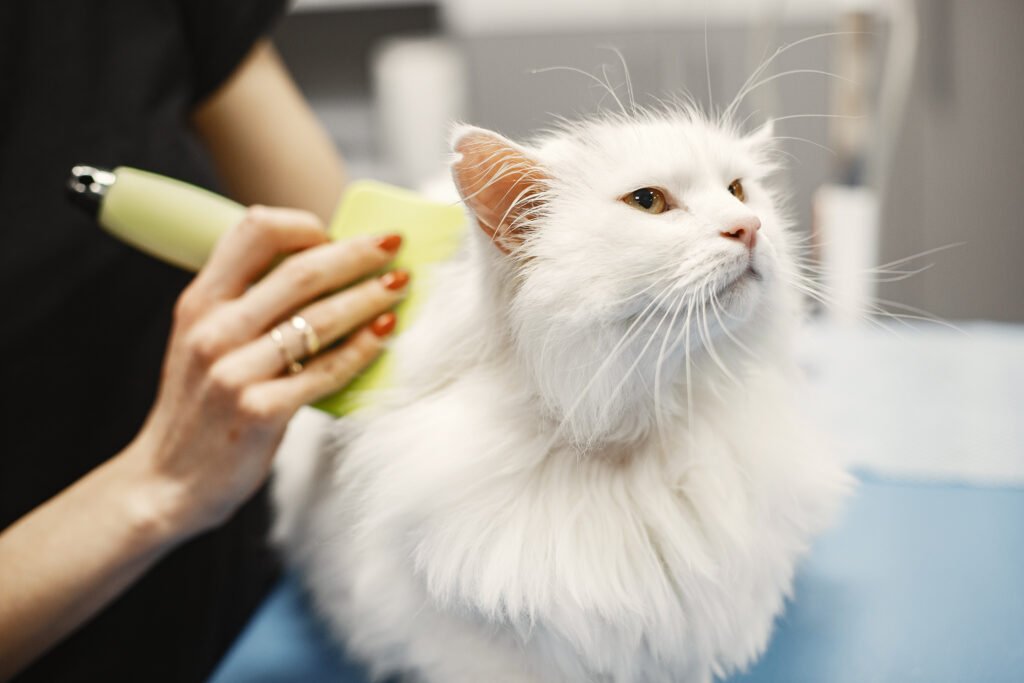
It is important to maintain your cat’s coat. The treatment not only takes care of the appearance of the feline but also prevents certain diseases. Of course, it would be ideal for the kitten to be accustomed to coat grooming from an early age. But even if you have adopted an adult cat, you can train it to easily adapt to this ritual.
Coat maintenance consists of brushing the hair of the cat and removing bad hair that the feline could swallow. In addition, brushing will stimulate microcirculation in the animal’s epidermis and facilitate hair regrowth.
The bath
The bath, even if your cat hates it, is useful to remove dirt, parasites, and micro-organisms that have become embedded in the feline’s coat. You can wash and shampoo (prefer special products for cats) your cat from time to time to maintain cleanliness and hygiene.
Claw maintenance
The cat’s claws must also be maintained regularly. It is especially the claws of its front paws that will have to be cut and blunted. If you have difficulty doing this or are afraid of hurting him, you can always leave this task to the veterinarian.
In addition to maintaining the claws, your pet may also need to take care of its paws, ears, and teeth.
Preventive care
Preventive care is necessary to protect your cat against certain common diseases and pathologies. Preventative treatments such as vaccines and antiparasitic care should be given as soon as possible.
A vaccinated and dewormed kitten will always grow up in complete serenity. To reduce the cost of care, cat owners have the option of taking out dedicated health insurance for their pets.
Conclusion
To keep your cat healthy, you should pay attention to their basic hygiene, monitor their behaviour regularly, feed them well, and ensure they get vaccinated and dewormed regularly. You should also maintain your cat’s coat by brushing and bathing them, trimming their claws regularly, and taking care of their teeth, ears, and paws.
You should also be vigilant of any unusual symptoms such as diarrhea, vomiting, or coughing, and contact a veterinarian if symptoms persist. A good diet, preventive care, and regular checkups with the vet can help ensure your cat lives a long and healthy life.
